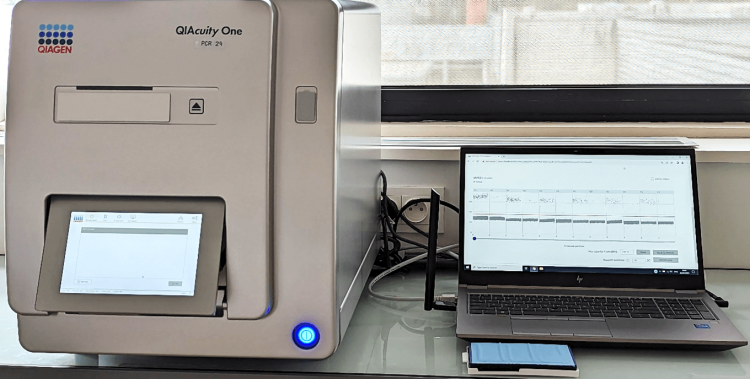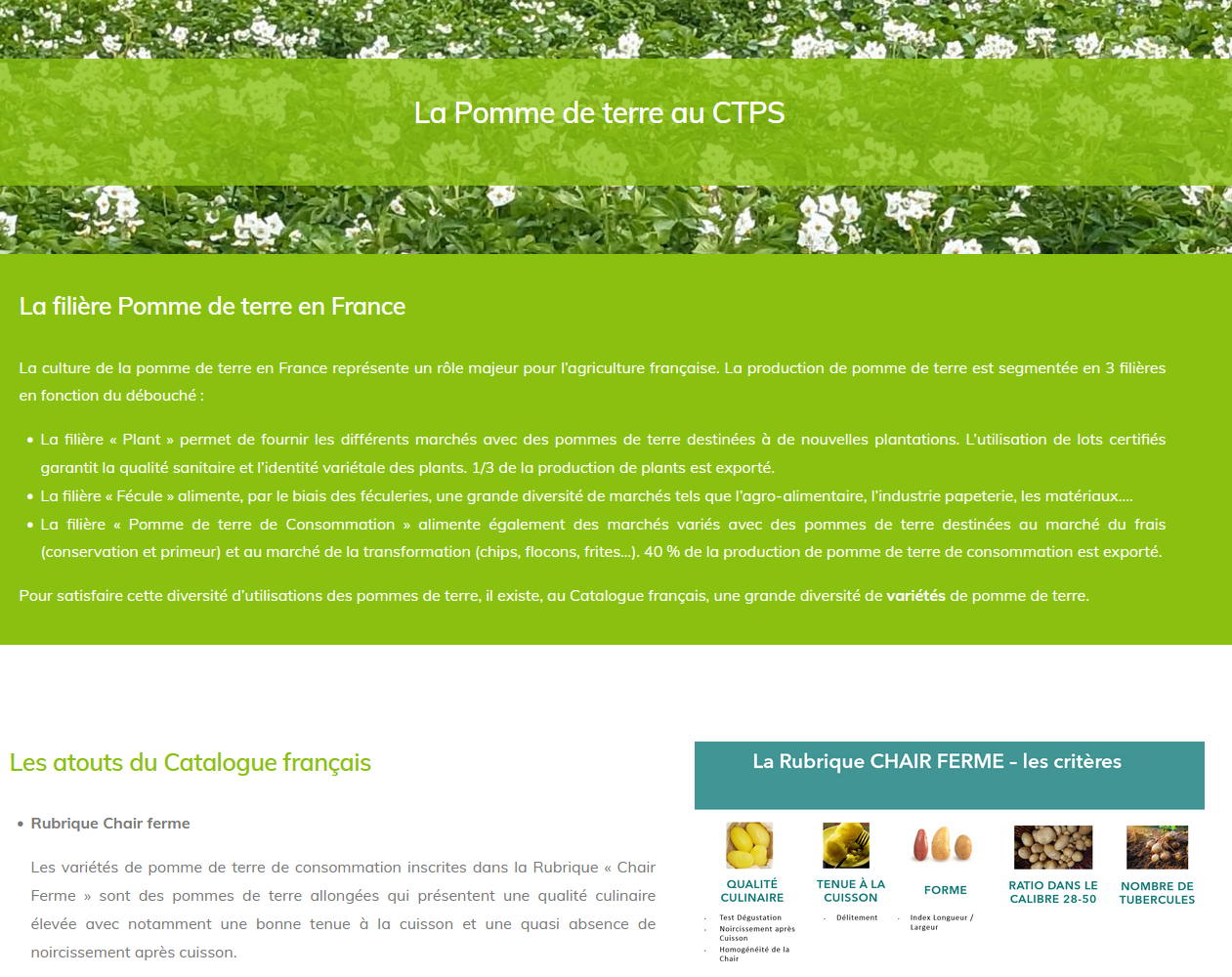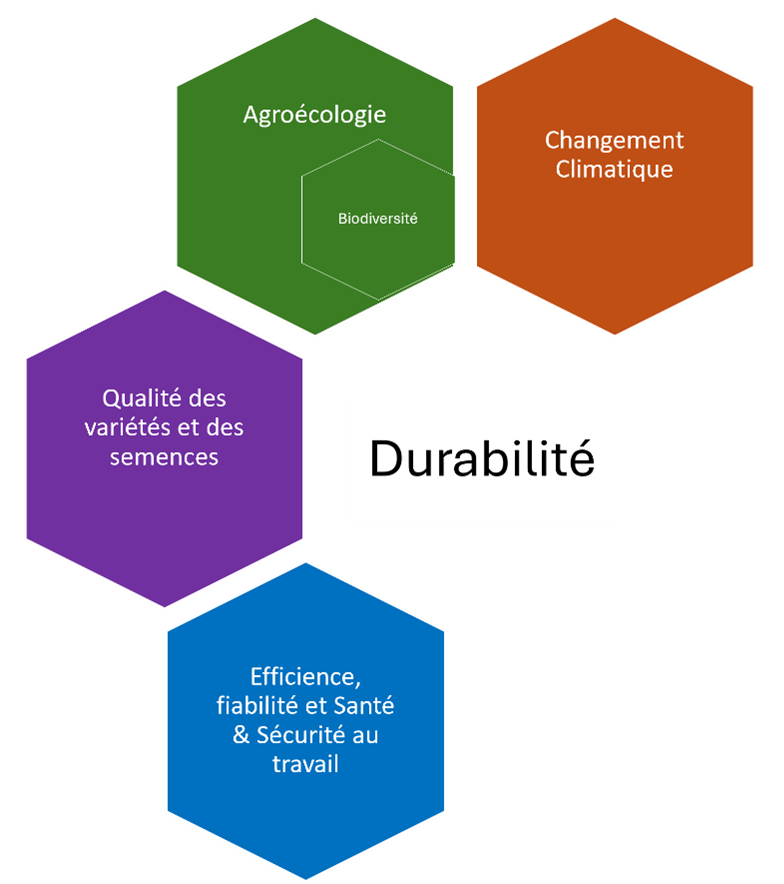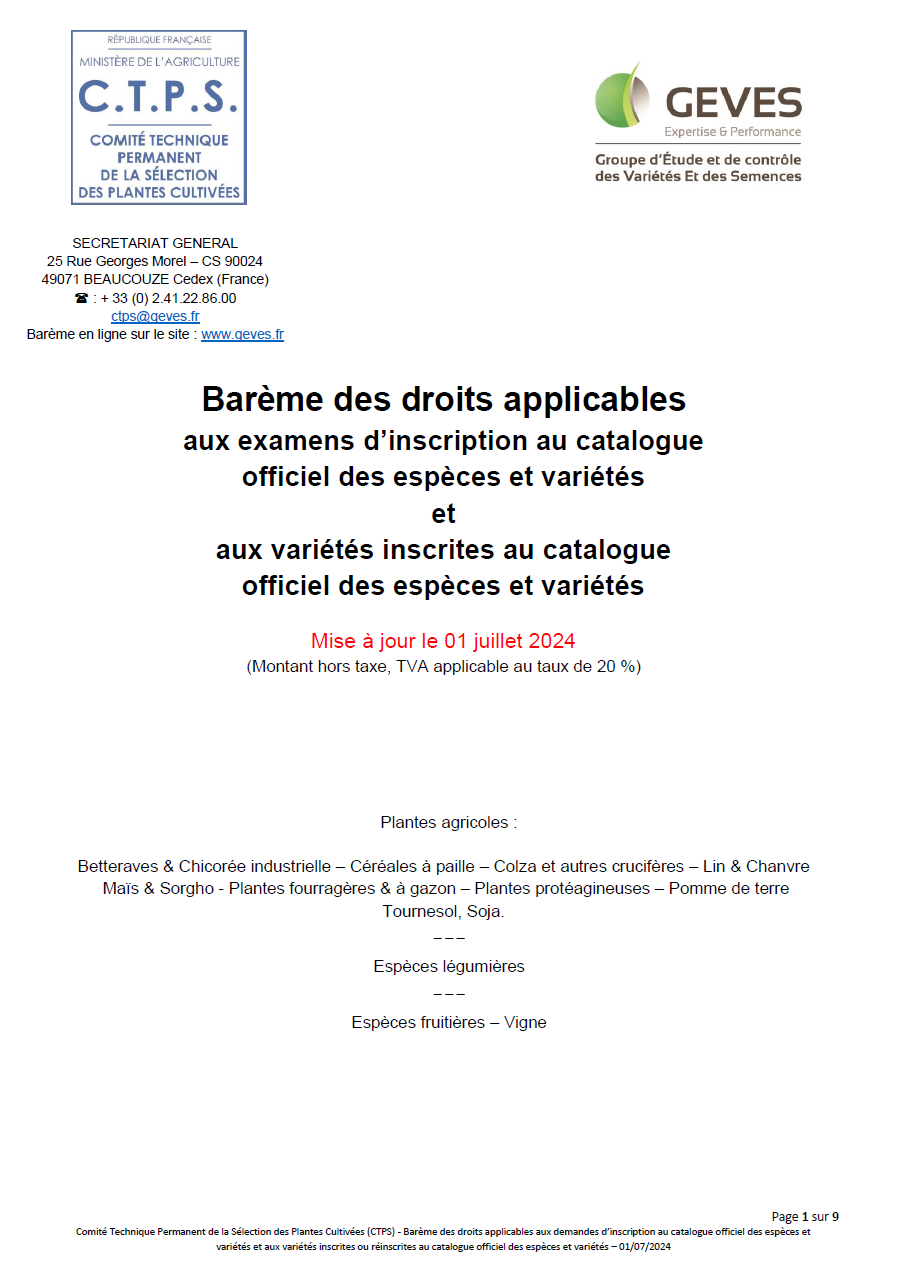
Digital PCR in the GEVES laboratories
GEVES in Beaucouzé has recently acquired a digital PCR (dPCR). dPCR is a high-precision approach for the detection and absolute quantification of target molecules with a high level of sensitivity.
Unlike other PCR methods, where each sample is analysed once in a ‘large’ volume, this device enables each sample to be divided and analysed in 26,000 separate PCR reactions using microfluidic chips. This very significant increase in the number of PCR reactions does not affect the experiment duration or the quantity of samples analysed, as dPCR can analyse 96 samples in parallel with 5 fluorophores, for the detection of 5 targets at a time.
This new approach allows for an easy technological transition, with the prospect of comparable analysis yields, while offering several additional advantages, such as the production of highly robust statistical results, absolute quantification of target molecules without calibration curves, and a significant reduction in the effects of PCR competitors or inhibitors.
Several lines of development are already underway to add this technique to the missions of BioGEVES. For example, it will be used to detect and quantify SNPs in varieties or pathogens in seeds. As this technology enables absolute quantification of the concentration of target
nucleic acids, it will be used to prepare calibrated solutions of reference material that can be used as certified limit of detection controls for PCR detection analyses.
As part of its NRL missions, GEVES could also use this technique to provide calibrated reference material to approved laboratories, to have a precise characterisation of the material used during Interlaboratory Comparison (ILC) tests or even to integrate this technique into new analysis
methods.





